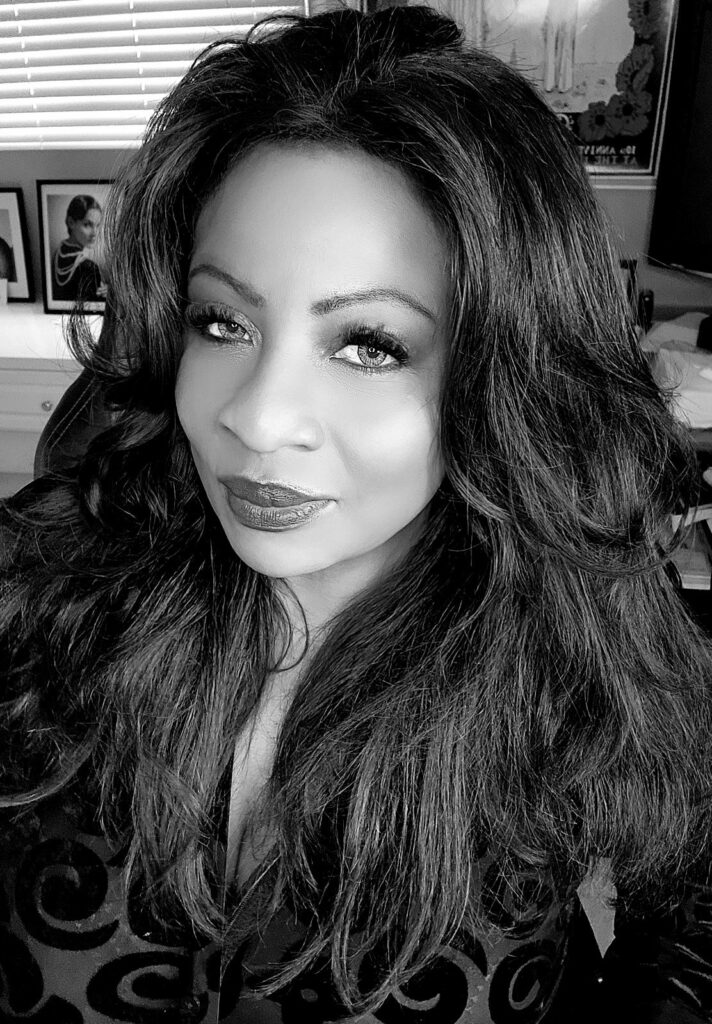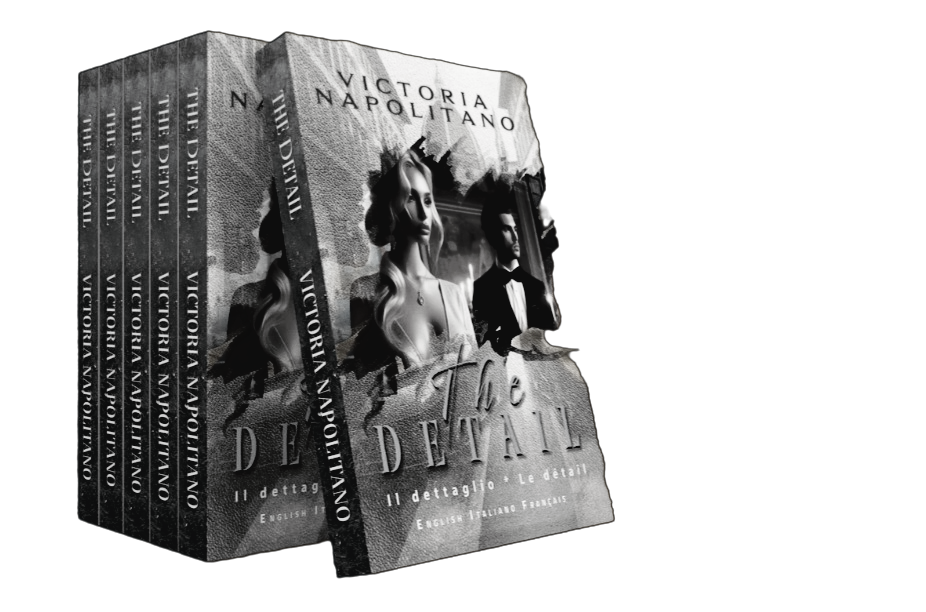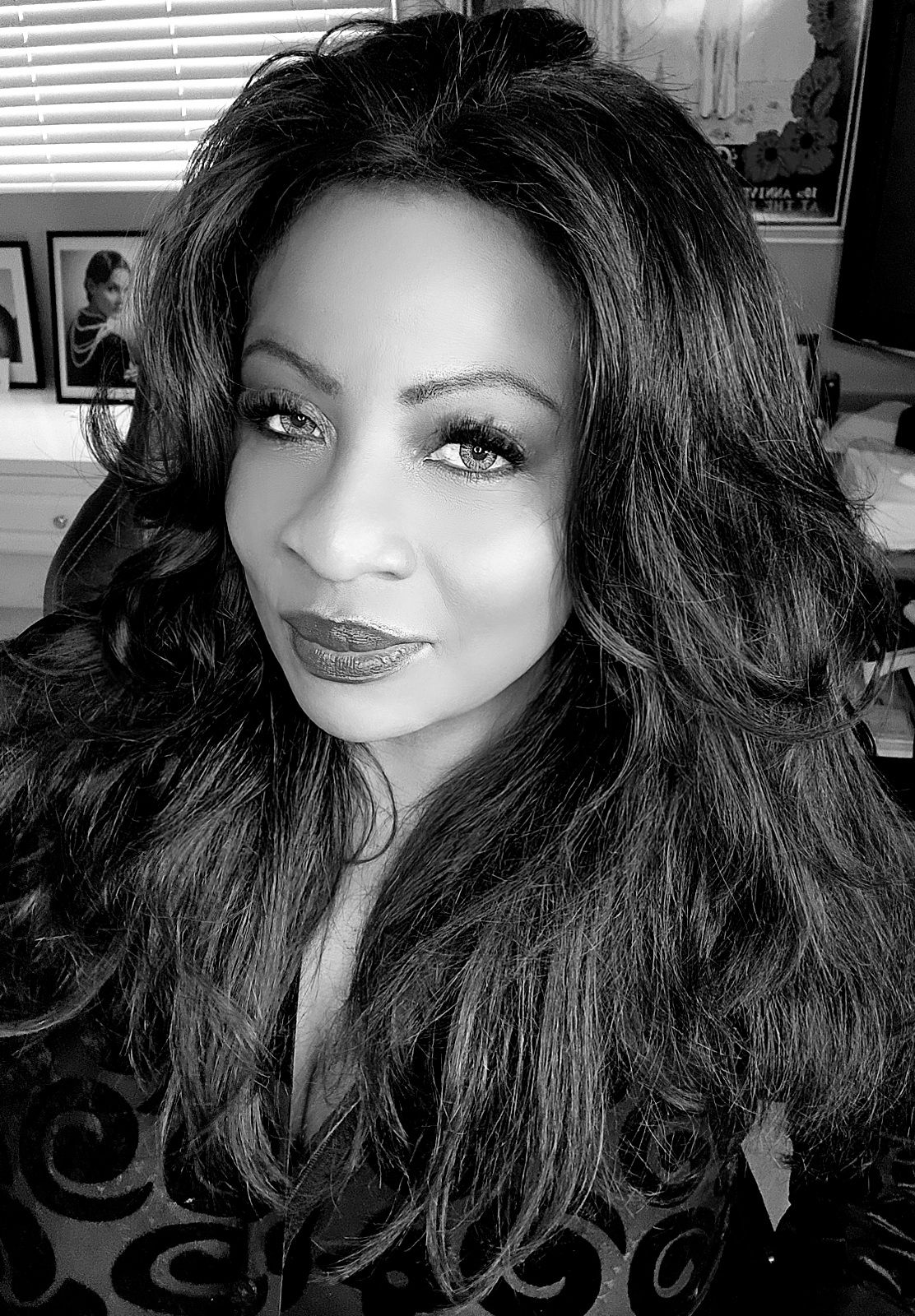
-Who is Victoria Napolitano?
I am a person who loves old movies and films…where glitz and refinement filled every scene. I really miss when Hollywood stars dazzled on the big screen, looking their best in lavish outfits, conveying so much with a simple looking their eyes. I’d was captured by those tough, silent leading men and sexy women who just oozed intrigue. I would really let my imagination go wild. I’d stare up at the screen, trying to figure out what made those men and femme fatales tick. Getting lost in those old black-and-white movies was the best escape.
-What inspired you to become a filmmaker?
There are two films from my childhood that I revisit annually. One is the 1939 film adaptation of Emily Brontë’s 1847 novel Wuthering Heights. The Gothic romanticism and emotional turmoil depicted in this cinematic rendering of the literary classic continues to profoundly affect me years later. For those with a passion for cinematic films, this film provides an experience well-suited to cozy viewing. Another influential work altering my perspective on the craft of filmmaking was the 1956 French picture The Red Balloon, winner of an Academy Award. With sparing use of dialogue-mere sentences at most-I found myself enthralled by the emotional responses elicited.

-Do you think the cinema can bring a change in the society?
I think change begins when filmmakers move away from preaching and imitating the work of other filmmakers. Over the years, I have interviewed numerous individuals, but recently I have found that the idea of educating and entertaining the audience has become extremely stale. Producing 50 remakes of the same successful movie will not guarantee its success again. Statistics show that people are watching more of the older shows than the newer ones. As I mentioned before, it’s because at that time things were fresh, new, and original.
-What would you change in the world?
I am confident that we can overcome the current divisiveness we are facing. In my childhood, I was exposed to a multitude of cultures and nationalities, and I recall people being more collaborative and supportive of one another. I held onto the belief that the world would continue to improve, and I was hopeful for the future. However, today’s atmosphere is characterized by anger and hostility towards differing viewpoints, which is detrimental to society. Ultimately, if we do not unite, no one wins in the long run.
-Where do you see the film industry going in the next 100 years?
The concept of film as we currently understand it will undergo a significant transformation in the future. It is certain that filmmakers will be extensively examined and scrutinized in order to better understand the passion that they possess and the incredible creativity that some filmmakers (as well as writers) exhibit in our contemporary society. Future generations will thank you for the shards of beauty and bridges of understanding you leave behind. So, day by day, scene by scene, pour your passion onto the page, into the camera lens, onto film. Not for awards or achievements
to collect, but for the love of the craft itself. For now, is the time you have to create. The fruits of your dedication will ripple into the future in ways you cannot yet imagine. But carry on with faith that your unique voice and vision matter. Let this be your mark.

